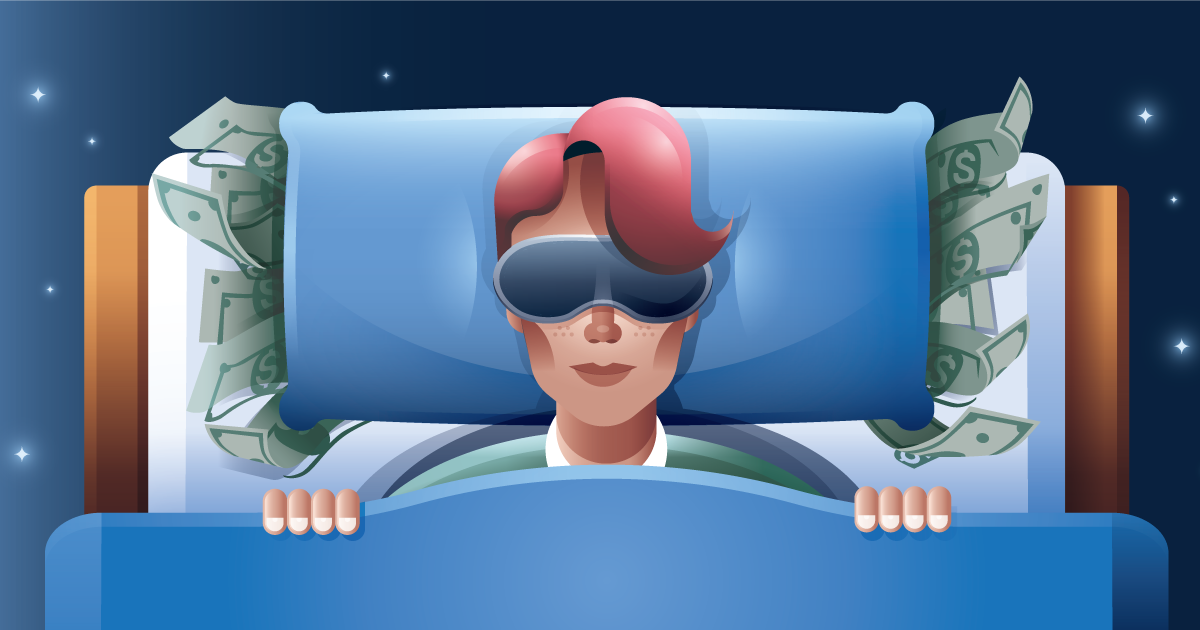What do Serena Williams, Tim Cook, and Jeff Bezos all have in common? They all understand the importance of getting 7 or more hours of sleep every night. As Bezos says, “8 hours of sleep makes a big difference for me… that’s the needed amount to feel energized and excited.” Scientists agree: a good night’s sleep improves the brain’s memory, bolsters creativity, and reduces the chance of clerical errors. Conversely, insufficient sleep has devastating health consequences. Poor sleep leads to 13% higher mortality risk, 1.2 million working days lost, and 2 times greater chances of being in a car accident.
If the world’s most successful people know the value of sleep, why don’t more people appreciate it? For some, it’s ignorance. Others see the night as their only free time and are loath to spend it unconscious. Whatever their reason, the choice is costing people their health and earnings. Better sleep supports the immune system, something everyone needs in our current world. Well-rested persons save nearly $2,000 a year. As researcher Ryan Hurd says, “sleep deprivation is an illegal torture method outlawed by the Geneva Convention and international courts, but most of us do it to ourselves.”
How can we do better? What can people do to improve their sleep hygiene? There are multiple strategies. Each strategy applies to some people more than others. For example, people who drink more than 2 servings of alcohol a day reduce their sleep quality by 39.3%. Cutting back will lead to better rest. Abolishing all nighters will have similar effects; people who go 48 hours without sleep have similar mental impairments to individuals with a 0.1% blood alcohol concentration. Perhaps more universally applicable is the need to reduce blue light exposure from electronics. Blue light inhibits melatonin in humans.


